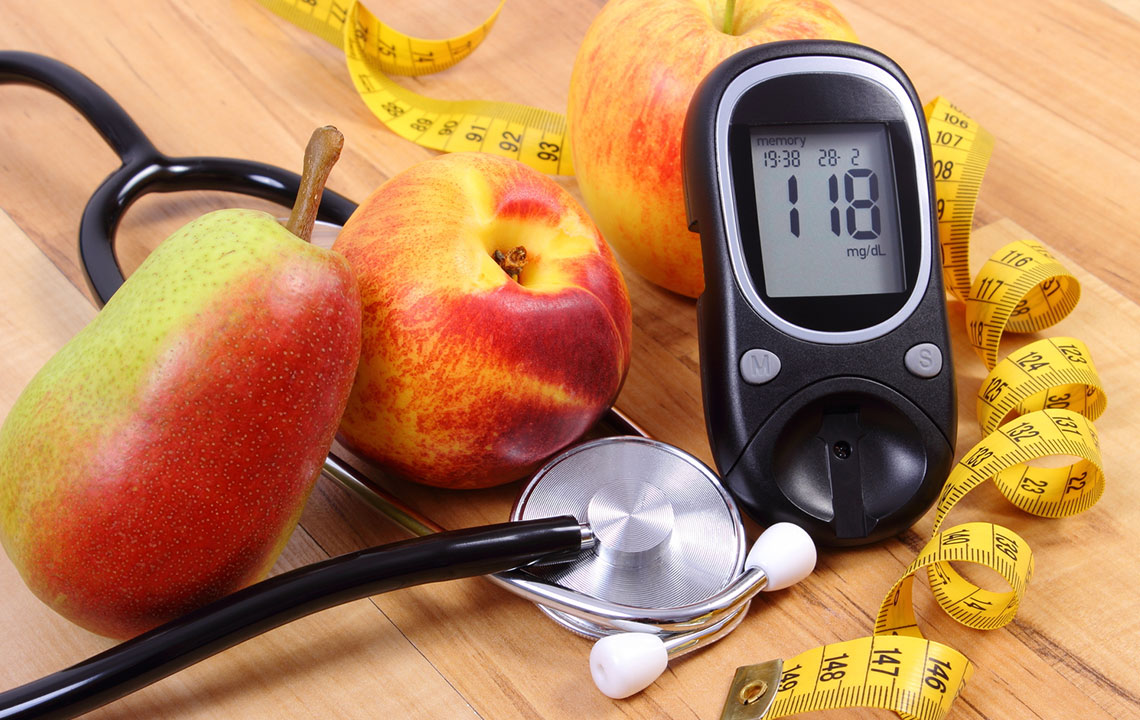Nutritional Guidelines for Ovarian Cancer Patients: Foods to Embrace and Avoid
Discover essential dietary tips for ovarian cancer management, including foods to eat and avoid. Proper nutrition, combined with medical treatments and holistic therapies, can enhance recovery and improve quality of life. Consult your healthcare provider for personalized advice tailored to your treatment plan.

Dietary Recommendations for Managing Ovarian Cancer
Ovarian cancer involves abnormal cell growth in the ovary, forming tumors that can become life-threatening if untreated. While treatment options like surgery and chemotherapy are primary, maintaining a nutritious diet and healthy lifestyle significantly support recovery. A balanced diet helps strengthen the immune system and manage symptoms. For those affected, choosing the right foods while avoiding certain items is essential to improve health outcomes and facilitate healing.
This guide highlights the ideal foods to consume and those to avoid during ovarian cancer treatment. Foods to Incorporate
Always consult a healthcare provider or dietitian before starting any dietary changes. The following foods are generally recommended:
Eggs
Cheese
Milk
Unsalted nuts
Fruits
Vegetables like cauliflower, Brussels sprouts, broccoli
Whole grains
Fish
Blueberries
Milk is a valuable part of the diet, providing essential nutrients when consumed appropriately. Additionally, supplements of selenium, iron, and vitamin C can be beneficial post-consultation with a doctor.
During treatment, appetite may decrease, but maintaining proper nutrition is critical for recovery. Foods to Limit or Avoid
Certain foods can worsen symptoms or hinder healing; these include:
Fried foods
High-salt items
Alcohol
Sweetened carbonated drinks
Caffeinated beverages
Additional tips to support recovery include eating 6-8 small meals per day, staying hydrated, and choosing calorie-rich drinks such as fruit juices and milkshakes. Post-treatment, proper nutrition remains vital to cope with lasting effects of therapies like surgery and radiation.
Complementary practices such as meditation, yoga, massage, reiki, and music therapy can boost mental well-being and overall resilience. These approaches help patients feel more in control and positive during recovery.
Note: The information provided aims to offer practical guidance but should not replace professional medical advice. Always consult healthcare professionals before making significant dietary or lifestyle changes. The website is not responsible for variations or inaccuracies in external data, treatments, or offers.










